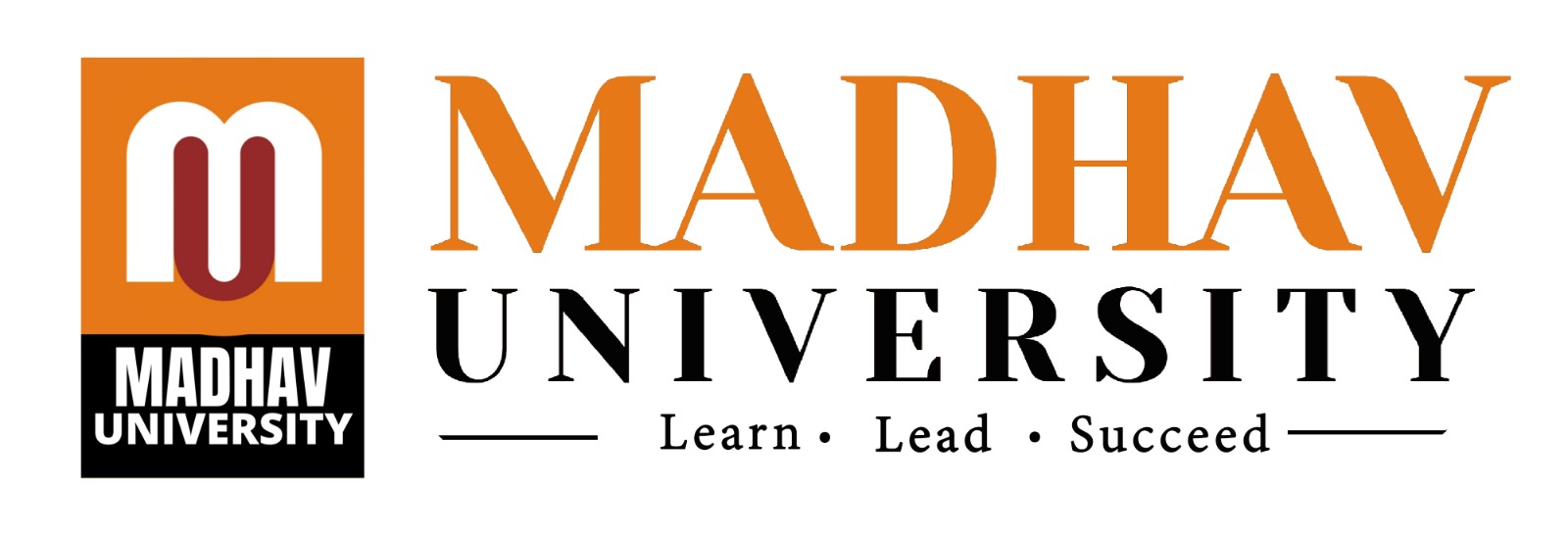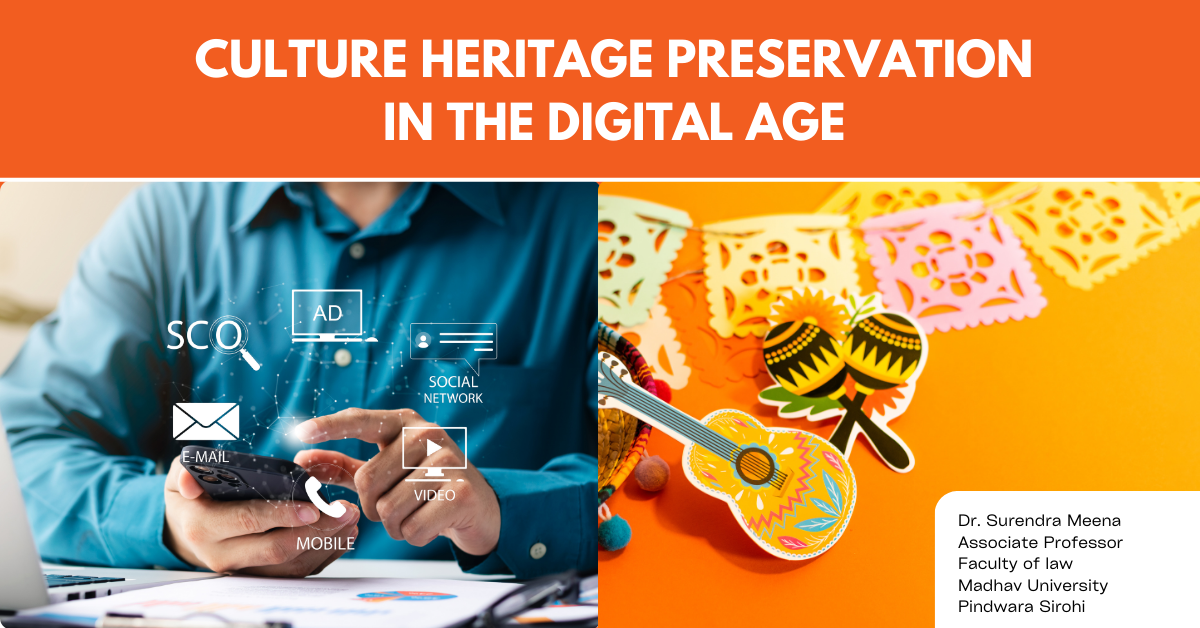Culture and heritage preservation in the digital age is a fascinating and multifaceted topic. Digital technology offers both challenges and opportunities for safeguarding and promoting cultural heritage. Here’s a look at how digital tools are being used to preserve culture and heritage, along with some of the challenges faced:
Opportunities in Digital Preservation
- Digital Archives and Databases: Digital platforms allow for the creation of comprehensive archives that can store vast amounts of data, including texts, images, videos, and artifacts. Institutions can digitize physical objects, manuscripts, and recordings to make them accessible to a global audience.
- Virtual Museums and Exhibits: Virtual reality (VR) and augmented reality (AR) technologies enable the creation of immersive museum experiences that can bring historical sites and artifacts to life for people who cannot visit them in person.
- Crowd sourcing and Collaboration: Digital tools facilitate collaborative projects where people from around the world can contribute to the preservation of cultural heritage. Platforms like Wikipedia and collaborative databases allow for the collective input and sharing of knowledge.
- Interactive Storytelling: Digital media enables innovative forms of storytelling that can engage audiences in new ways. Interactive apps and multimedia presentations can provide educational experiences about cultural heritage that are both engaging and informative.
- Big Data and AI: Advanced data analytics and artificial intelligence (AI) can be used to analyze historical data, reconstruct lost languages, and predict trends in cultural preservation. AI can also help in identifying and categorizing artifacts more efficiently.
Challenges in Digital Preservation
- Digital Obsolescence: Technology evolves rapidly, and digital formats can become obsolete quickly. Ensuring that digital archives remain accessible requires ongoing efforts to update and migrate data to current formats.
- Intellectual Property and Ethics: Digitizing cultural heritage raises questions about ownership, intellectual property rights, and cultural sensitivity. It’s crucial to involve and respect the communities and individuals associated with the heritage being preserved.
- Digital Divide: Access to digital tools and resources is not evenly distributed globally. Efforts to digitize and preserve cultural heritage must consider the digital divide and work towards inclusivity.
- Data Security and Preservation: Digital records are vulnerable to hacking, data loss, and corruption. Robust cyber security measures and backup systems are essential to protect valuable cultural data.
- Authenticity and Interpretation: Digital representations of cultural heritage may lack the authenticity of physical objects and can be subject to interpretation biases. It’s important to ensure that digital presentations are accurate and respectful of the original context.
Dr. Surendra Meena
Associate Professor
Faculty of law
Madhav University Pindwara Sirohi

